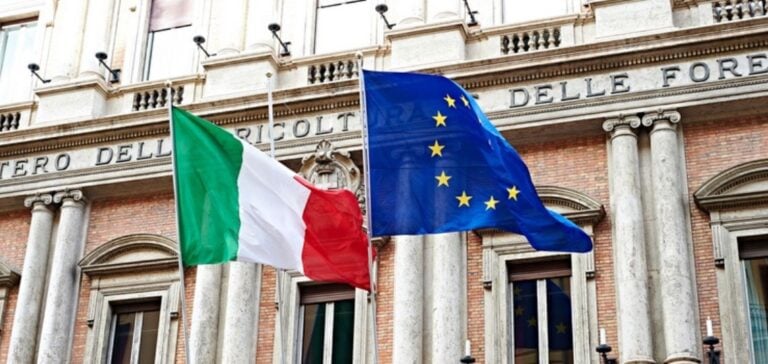These subsidies, which will be financed by a tax included in electricity bills and paid by consumers, will help Italy reduce its carbon emissions, according to the EC (European Commission). They will run until the end of 2028, and will support the construction of new power plants using innovative technologies such as geothermal, offshore wind, biogas and biomass. These new installations should add a total of almost 4.9 gigawatts (GW) of renewable electricity capacity to the Italian power system. The aid will take the form of a bilateral contract for difference for each kilowatt-hour of electricity produced and fed into the grid, and will be paid for a period equal to the useful life of the plants.
A transparent, non-discriminatory bidding process
Projects will be selected through a transparent, non-discriminatory bidding process, where beneficiaries will bid on the incentive tariff – the strike price – required to complete each individual project. This mechanism is designed to ensure the efficient allocation of public funds. Italy, which last year was Europe’s biggest importer of electricity due to above-average energy costs, is counting on these massive investments in renewables to strengthen its energy independence. The country thus intends to accelerate its transition to a low-carbon economy, in line with EU (European Union) climate objectives.
Brussels’ approval of this state aid plan is a strong signal of European support for Italy’s efforts to decarbonize its electricity mix. It remains to be seen whether these incentives will be sufficient to stimulate the necessary private investment and enable rapid deployment of the planned renewable capacities.






















